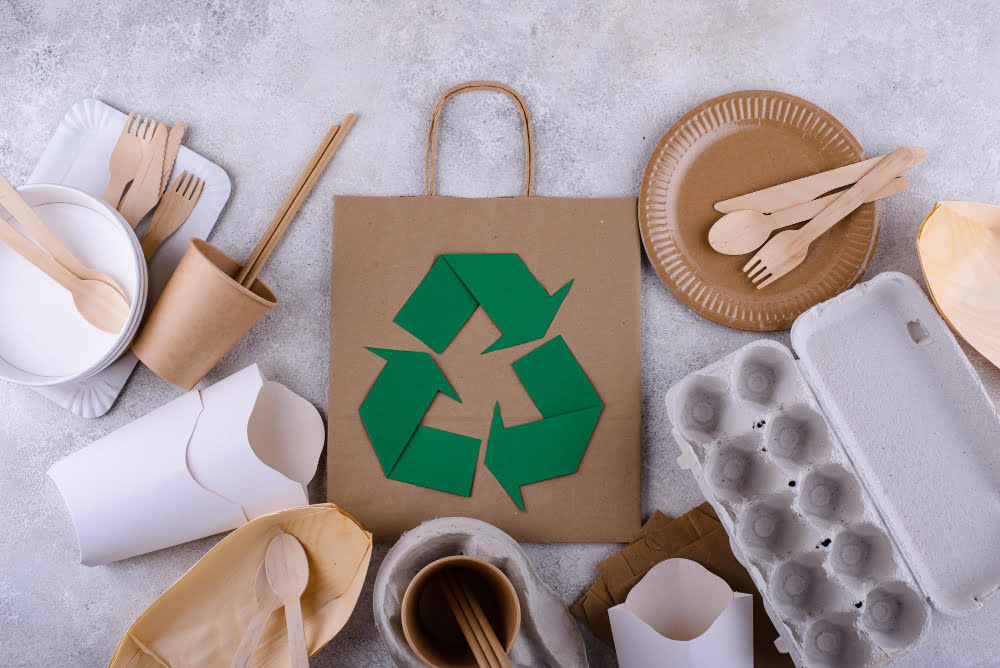Last updated on
Due to the rise of conscious consumerism, ethical choices reign supreme in the hearts of buyers. This makes companies, both big and small, to make business moves to show their clientele that they’re attuned to their needs and expectations.
Nonetheless, business owners like Fulfillment By Amazon (FBA) sellers face the following challenge: how to strike a healthy balance between business growth and environmental responsibility without looking insincere.
Luckily, there are various sustainable practices available to Amazon FBA sellers like you to help you meet the aforementioned goal. Check them out below to help you and your business not only minimize your footprint but also attract a loyal customer base and build a thriving, eco-friendly Amazon FBA business.
Source Products Sustainably
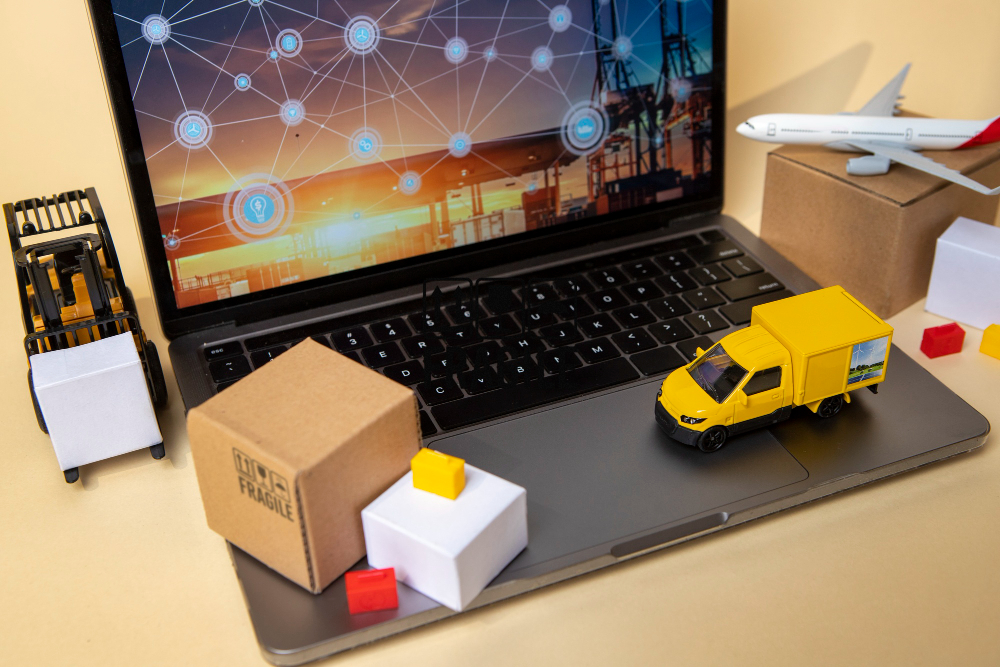
The journey to an eco-conscious FBA business begins with responsible sourcing. Ditch the plastic-laden imports and explore sustainable alternatives like locally-sourced materials, recycled content products, ethically produced and traceable goods, and so on. Further, you can partner with manufacturers committed to fair labor practices and environmental protection.
Remember, the choices you make upstream ripple through your entire supply chain.
Be Mindful of Your Product Packaging
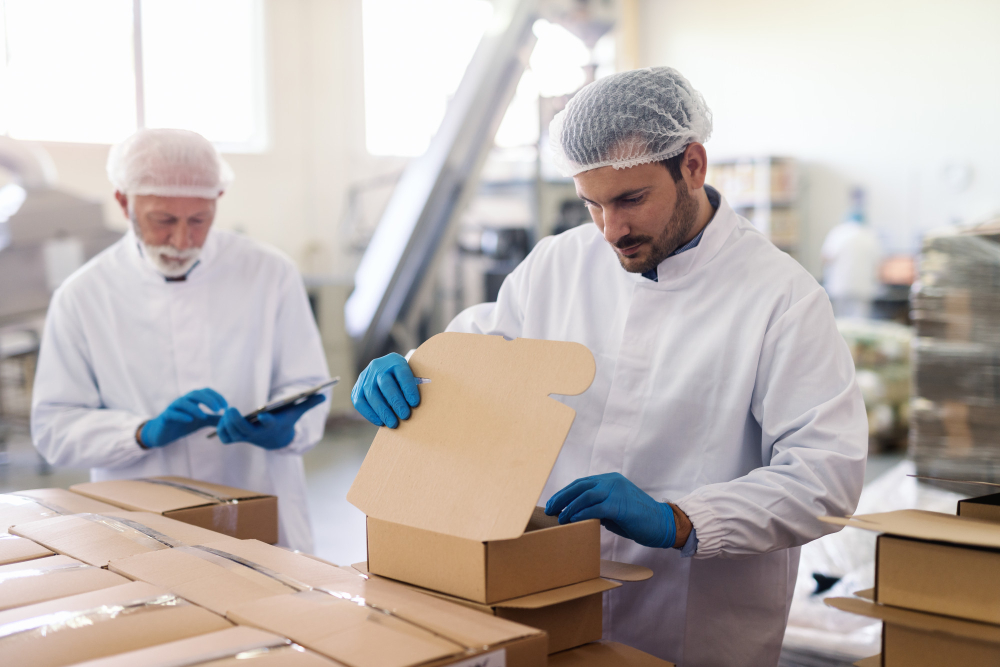
Go for eco-friendly packaging solutions like recycled paper mailers, compostable cushioning materials, and minimal branding. Bonus points for incorporating seed paper packaging that customers can plant, nurturing life while minimizing landfill contributions. These steps help you curate eco-friendly packaging that your eco-conscious consumers would love.
Ship Your Packages Smartly
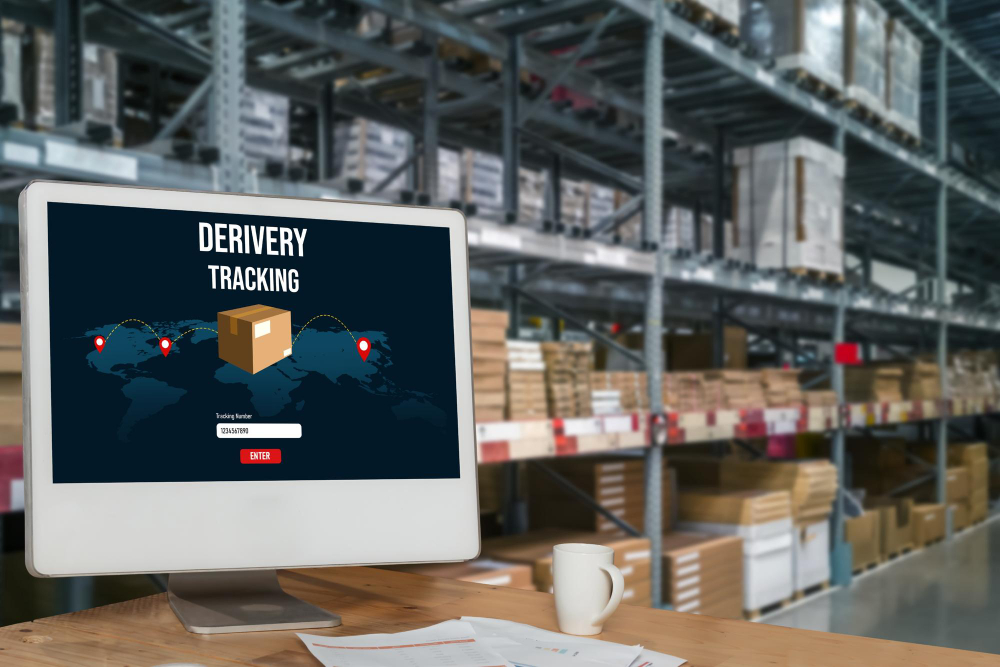
Optimize your shipping processes to reduce environmental impact. Consolidate your shipments in order to decrease transportation emissions – you’re also cutting down ecommerce expenses if you do this. Consider carbon-neutral shipping options where available, and explore partnerships with eco-friendly logistics providers. Remember, every mile saved translates to a greener footprint.
Donate Your Returned Packages to Charities
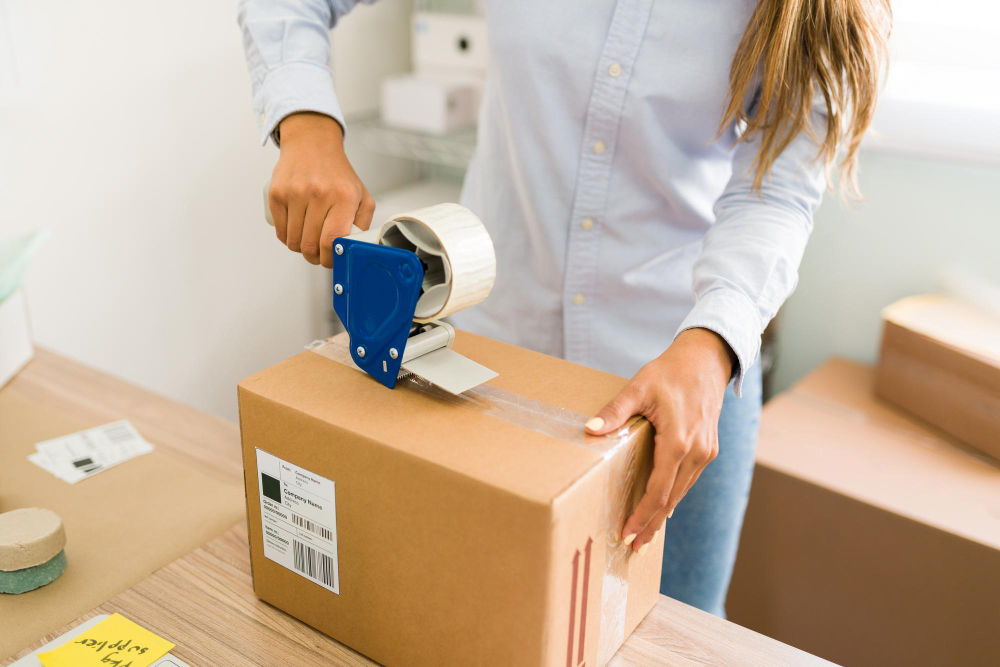
Returns are inevitable, but they don’t have to end up as waste. You can give unwanted inventory to various charities and non-profits instead of them ending up in landfills. Donated items can be used by those who are in need. It’s a win-win for the planet and your company.
Be Clear with Your Store’s Sustainability Efforts
Clearly communicate your sustainability initiatives on product listings, packaging, marketing materials, and many more. Share your brand’s story with your audience to inspire them to join your environmental advocacy.
Take Advantage of the Power of Data
Data is a powerful tool for tracking your progress and making informed decisions. Utilize sustainability reporting tools to monitor your carbon footprint, packaging waste, and energy consumption. Identify areas for improvement and set measurable goals to keep your sustainability journey on track.
Foster a Community of Like-minded Amazon FBA Sellers
Connect with other Amazon FBA sellers who share your environmental aspirations. Further, you can join online forums and communities to share best practices, troubleshoot challenges, and inspire each other.
Collaboration is key to creating a critical mass of sustainable businesses that can influence the industry as a whole.
Make Use of the Latest Technologies
Utilize AI tools to predict demand and optimize inventory levels, reducing unnecessary production and minimizing returns.
In addition, you can explore smart warehouse technologies like automated storage and retrieval systems (AS/RS) that minimize energy consumption and optimize space utilization.
Lastly, implement blockchain technology to track product provenance and ensure ethical sourcing practices throughout your supply chain. Empower your customers to make informed choices based on verifiable sustainability data.
Produce Products While Prioritizing Sustainability
Design products with modular components that can be easily replaced or repaired, extending their lifespan and reducing waste. Think of your product as an ecosystem, not a disposable item.
Next, offer customers options to return used products for repair, upcycling, or recycling, giving them a second life and minimizing landfill contributions. Imagine closing the loop on your product lifecycle and creating a truly circular economy.
Finally, explore subscription models where customers rent or lease products instead of owning them outright. This reduces material consumption, encourages responsible usage, and fosters a culture of shared ownership.
Invest in Human Capital and Community
Empower your team members in the name of sustainability. Train and incentivize them to embrace eco-friendly practices in their daily tasks. Foster a culture of environmental consciousness within your organization. Imagine your team becoming sustainability champions, driving change from within – all of which your clients will surely notice and deeply appreciate.
To add, collaborate with local businesses and organizations to support environmental initiatives in your area. Imagine your FBA business becoming a catalyst for positive change in your immediate community.
The Takeaway
Being an eco-conscious Amazon FBA seller isn’t just about ticking boxes; it’s about aligning your business with your values and making a positive impact on the planet. By implementing the above mentioned sustainable practices, you can not only build a thriving business but contribute to a greener future for e-commerce, too.
Related reading:
Table of Contents



